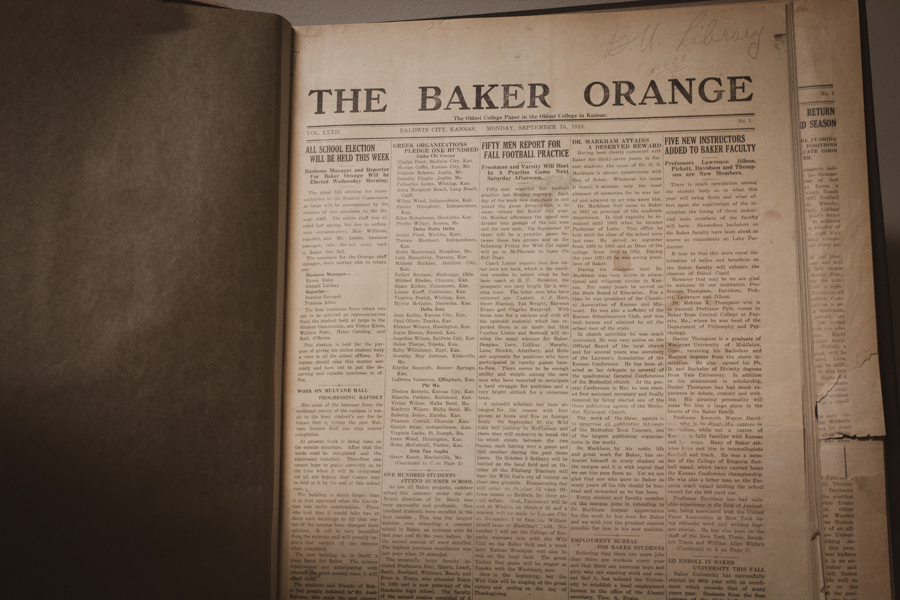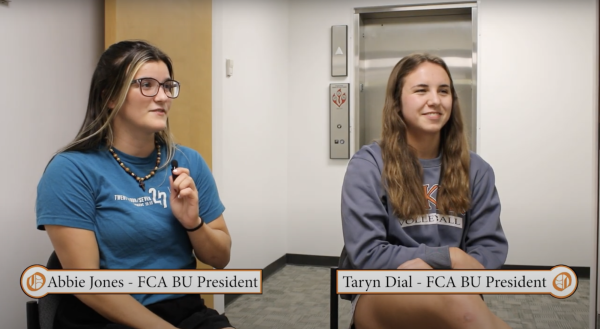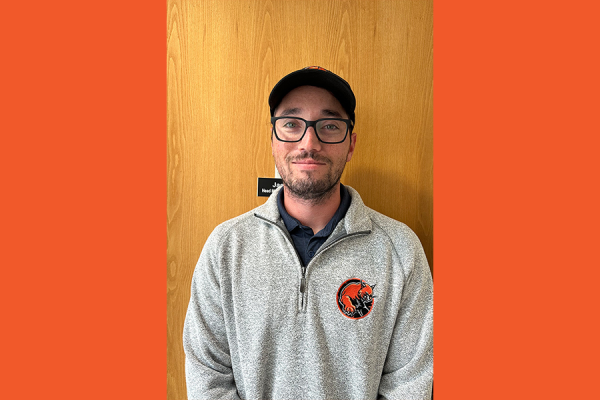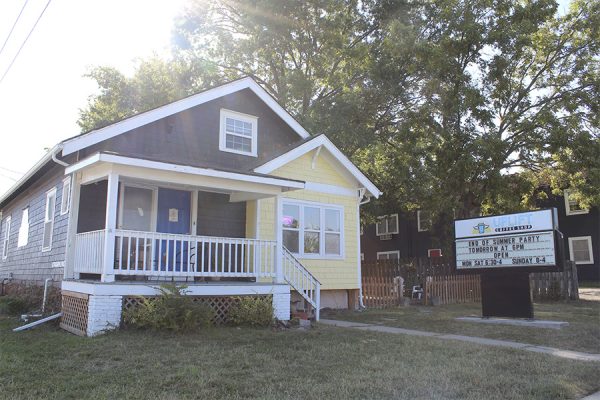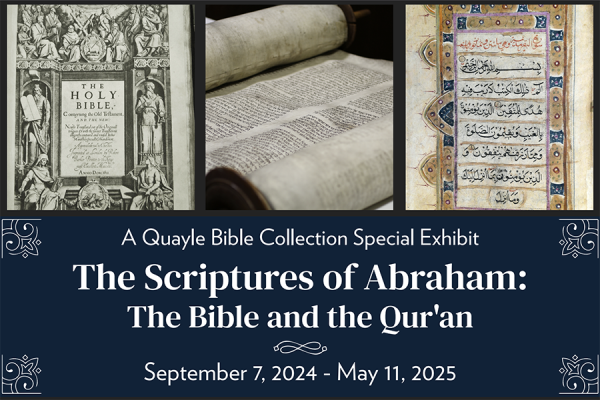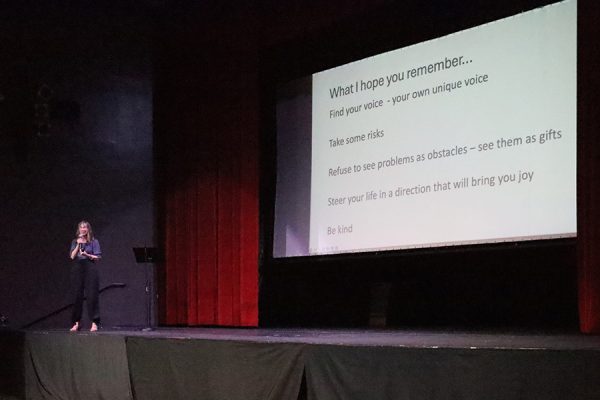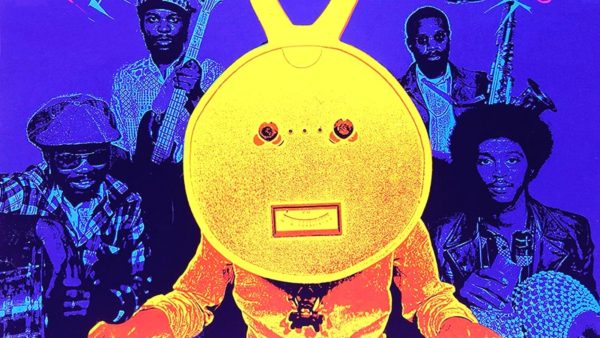Archives acquire grant to digitize The Baker Orange
Baker University has been given a grant to digitize old copies of the Baker Orange newspapers, starting at papers dating back to 1925.
The Baker Orange student newspaper has documented the history and culture of Baker University for over a century. While the online publication is accessible to anyone, almost a hundred years worth of printed newspapers have been nearly forgotten.
University Archivist and Museum Director Sara DeCaro decided to focus on getting old copies of The Orange online for all to see.
“The Baker Orange and yearbooks and things like that are important documents that have to go somewhere and the way that you store them matters. They need to be organized, so that’s what we do at the archives,” DeCaro said.
DeCaro realized that it was not realistic for many people to visit the archives to read the copies of the paper saved on reels of microfilm. An unexpected barrier made digitizing The Orange a top priority.
“The microfilm reader upstairs broke. Believe it or not, that was the impetus for this. The library no longer had a functioning microfilm reader,” DeCaro said. “They need something to magnify the film so they can read it and print it off and we have lost our capability to do that. There was no money to buy a new microfilm reader.”
Because of this, DeCaro wrote a grant to secure the funds to make the paper accessible. She knew that a new microfilm reader would be expensive, so she opted for a cheaper and more versatile option.
“I figured that if I was going to get something to digitize my paper stuff, I should get something that does everything. I thought let’s just get some nice camera equipment and a copy stand so we can adjust the height and the zoom, then we can do everything. We can do our photos and stuff too,” DeCaro said.
With a goal in mind, DeCaro decided to ask for grant money from Douglas County. The grant she found was designated to be used for the preservation of cultural resources and cultural heritage in the county.
“I had to make a case for something that’s going to benefit the county. My thinking when I wrote the grant was that we’re digitizing Baker’s newspaper, but the histories of Baker and Baldwin City and Douglas County are all very much intertwined. It reflects a lot of the local history even though it was put out by Baker,” DeCaro said.
Freshman Nathan Neufeld works in the archives and has begun to take photos of early editions of the Orange.
“Seeing the topics and stories that were published years back is fascinating, especially when we interact with them every day still,” Neufeld said.
This project will enable Baker students and staff, researchers and any member of the general public to access The Baker Orange online. As of now, only copies of The Orange published prior to around 1924 are available for public access.
“Copyright is an issue with newspapers. If you have a Kansas driver’s license, you can go on Newspapers.com and you can read Kansas newspapers up until about 1924. If you want to read anything online beyond 1924 or so you have to pay for it,” DeCaro said.
DeCaro received permission from the Mass Media department at Baker to digitize The Orange and make it available to the public. The issues will be uploaded to a website called Recollections: Kansas, a project by the Kansas Regional Library Systems. Douglas County falls within the Northeast Kansas Library System region of the Kansas Regional Library Systems.
“One of the things that the Northeast Kansas Library System is doing to support Baker’s project is to work with the librarians at the library to set up an account on the Omeka software and to provide any technical assistance they might need to get the metadata and the images of the newspaper up and into the Omeka repository on Recollections: Kansas.” NEKLS Library Services Consultant Robin Hastings said.
According to Hastings, Baker is a member of NEKLS so the service can be provided at no cost.
With the grant money secured, camera equipment purchased and Recollections: Kansas in use, DeCaro explains that the project will take a few months before it is accessible to the public.
“Where we’ll focus our energy first is about 1925 because that’s when copyright becomes a thing. The Orange goes up to about 2019 or 2020 so that’s about a hundred years worth of newspapers,” DeCaro said. “I do have some student workers that I just hired and I think that they’re going to be great. Once we get going on that, we can hopefully start getting it out on the ether.”

Hunter is a freshman from Shawnee, Kansas. She is a sociology major with a minor in social justice. She is a member of Mungano and the SAC Cultural and...


